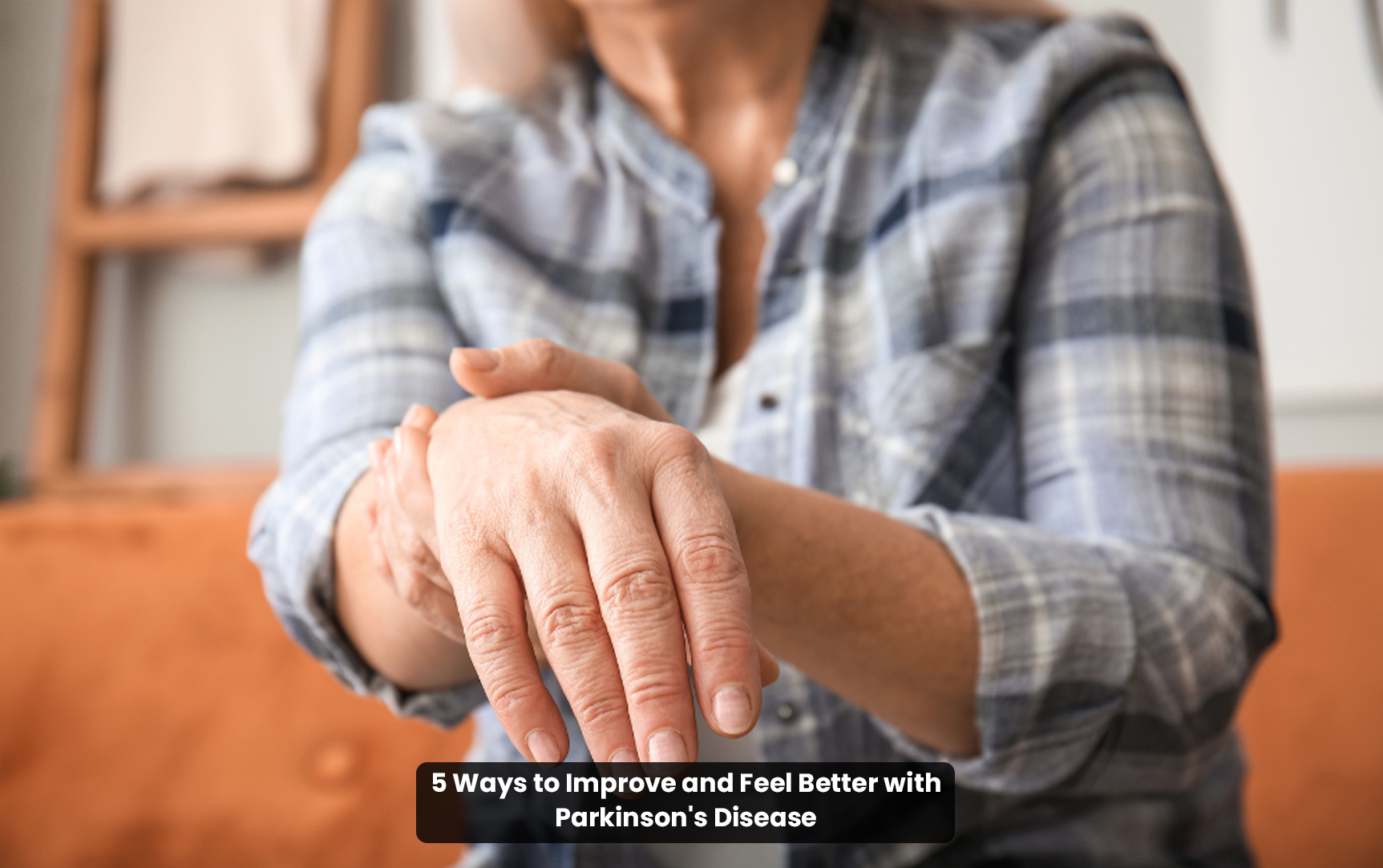
Yes! Regular movement, even in small amounts, can help reduce stiffness, improve balance, and slow disease progression. Activities like walking, swimming, tai chi, and even dance or boxing classes designed for Parkinson’s patients can boost mobility and cognitive function.
A well-balanced diet can improve energy levels, brain function, and digestion, which are all impacted by Parkinson’s. Eating nutrient-rich foods, staying hydrated, and managing protein intake in coordination with medication can help optimize overall well-being.
Creating a consistent bedtime routine, reducing screen time before bed, and practicing relaxation techniques like deep breathing or meditation can improve sleep quality. A comfortable sleep environment—cool, dark, and quiet—also plays a key role.
Staying connected with family and friends, joining a support group, participating in online communities, or engaging in group activities can help prevent isolation. Even small interactions, like phone or video calls, can make a significant difference in mental and emotional well-being.
Ashiana, Ashiana Housing build homes. Homes surrounded by vast green spaces and fresh breeze. Homes cocooned in secured gated complexes. Homes where futures are forged and there are opportunities to grow. And Homes in environments brimming with healthy activity, trust and respect. At heart, we build communities with care.
Other posts by Ashiana
Join 1000+ of fellow readers. Get expert real estate knowledge straight to your inbox absolutely free. Just enter your email address below.